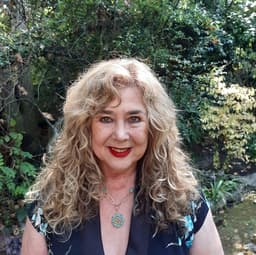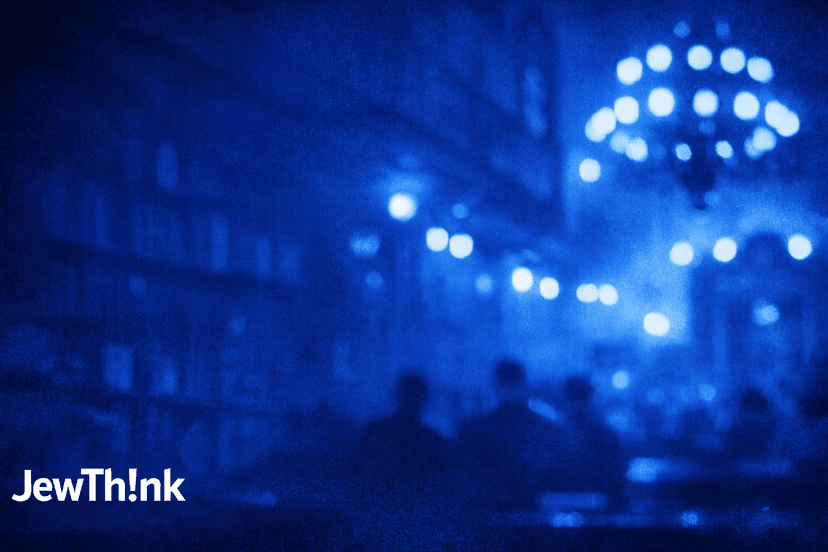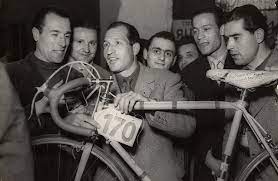Flirting and philosophising – the survivors I remember
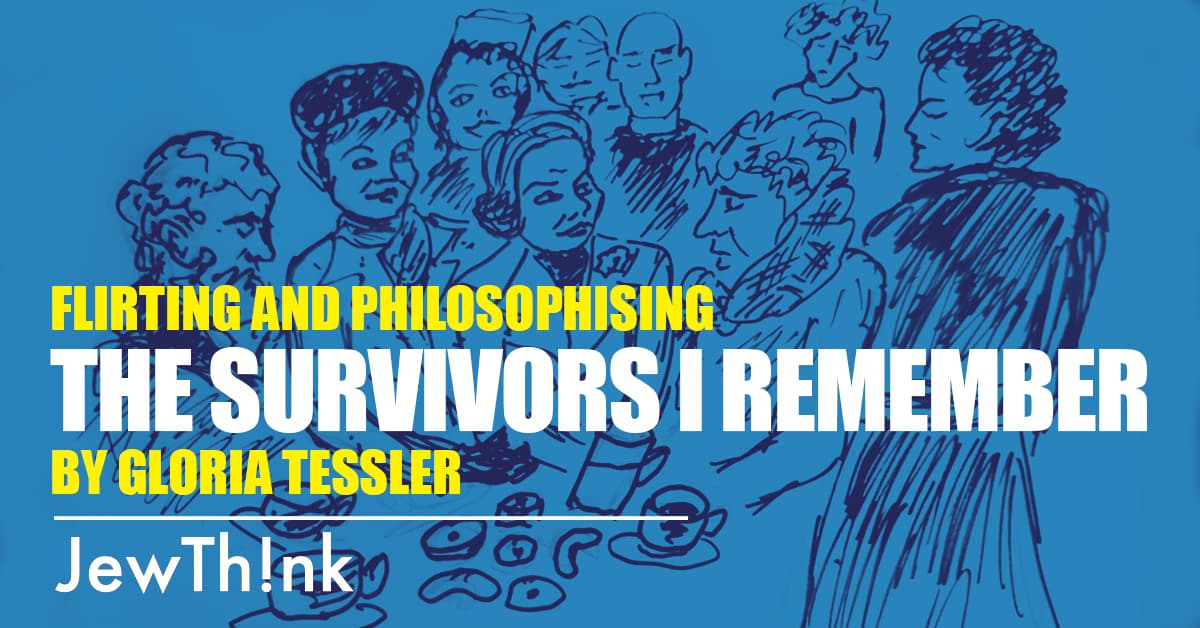
As another Holocaust Memorial Day approaches, inevitably fewer survivors remain. Rather than think about the tragedies in their lives, I am drawn to the people I remember from past years, still vital and energetic, who loved to argue and debate. They were the people I came to know as a child in Hampstead’s Cosmo Café, who played chess and ate schnitzel and strudel and sachertorte, and believed in some way Europe had followed them to England.
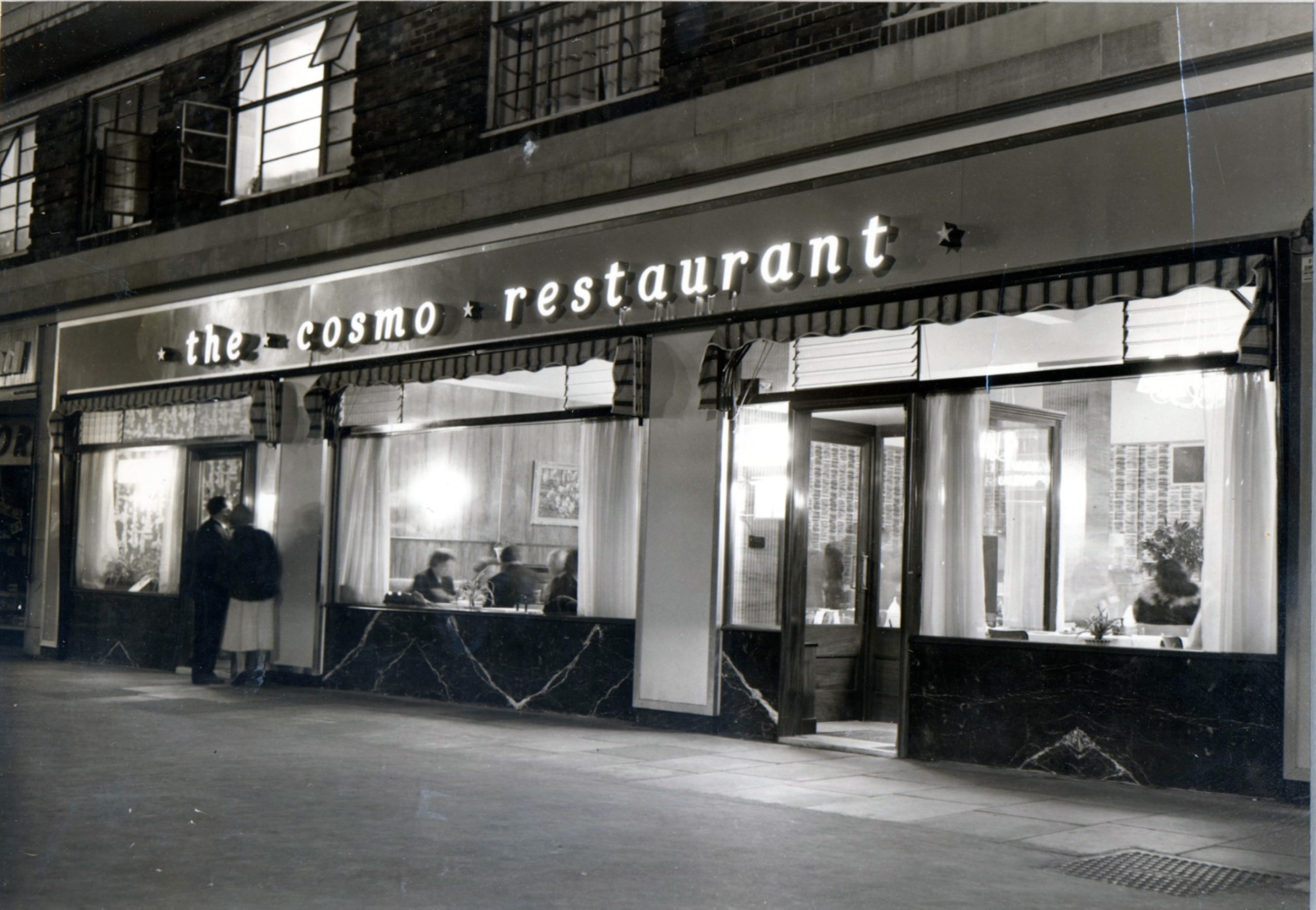
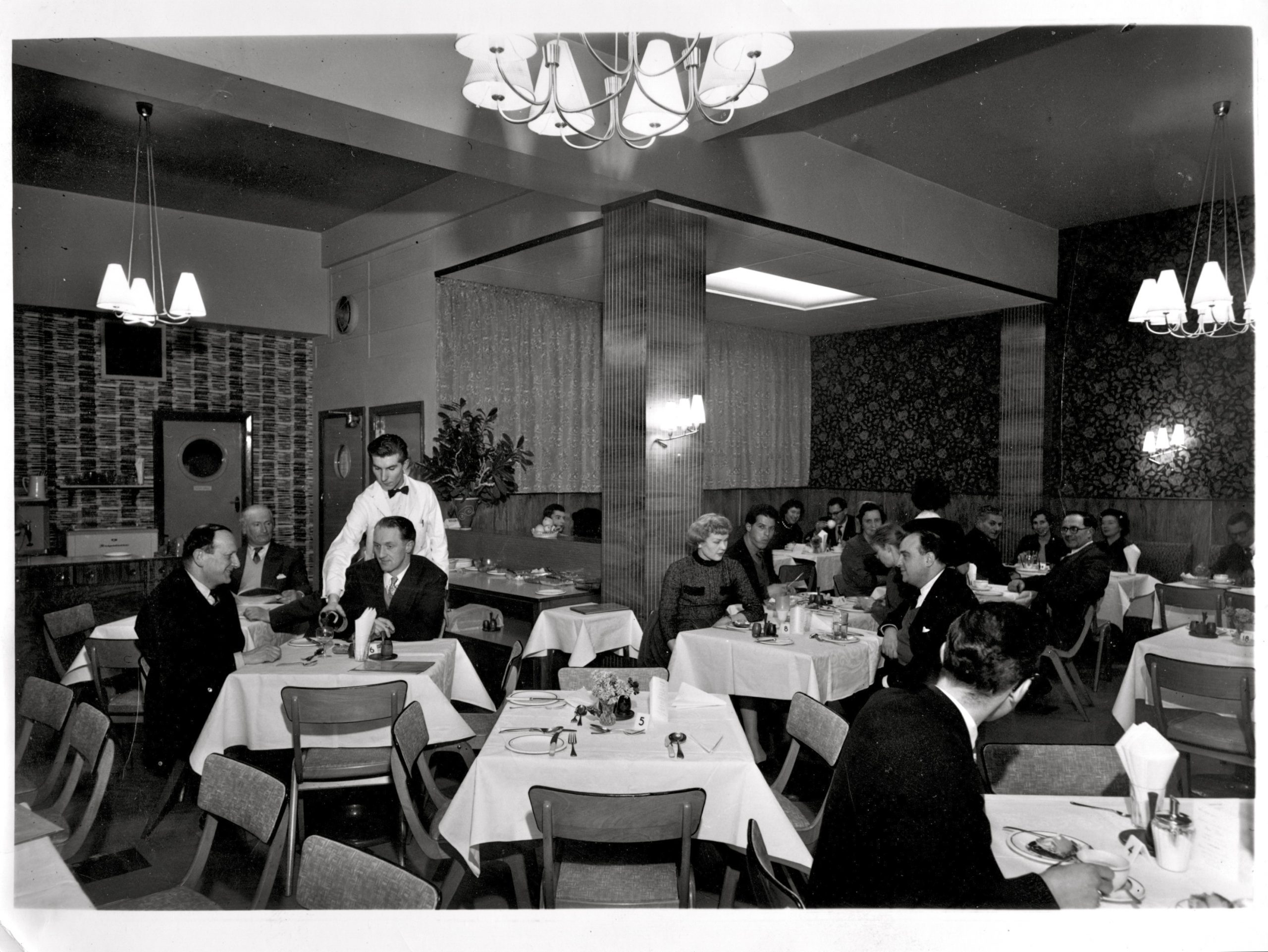
Years later, Golders Hill Park cafe was the survivors’ summer haunt, where my mother and her friends gathered for coffee, reminiscence and broiges. There, beneath the trees and flower baskets, I can still see my mother waving to me, her blonde head bobbing excitedly, in mid debate with Inge or Hans, Edith or Rosa.
Born and bred in London, I was not bothered by their strong German accents; I had grown up with them. My mother had never lost hers, but I was interested in the so un-English energy they gave off; I loved their continental temperaments, their sudden switch from English to German – rarely Yiddish – and back again; I was intrigued by their gossip, the partners they had met, kept or lost here as refugees and survivors. The women bickered like schoolgirls, they took offence, stormed off, left one table for another, glared at each other and made up, and all was well until the next time.
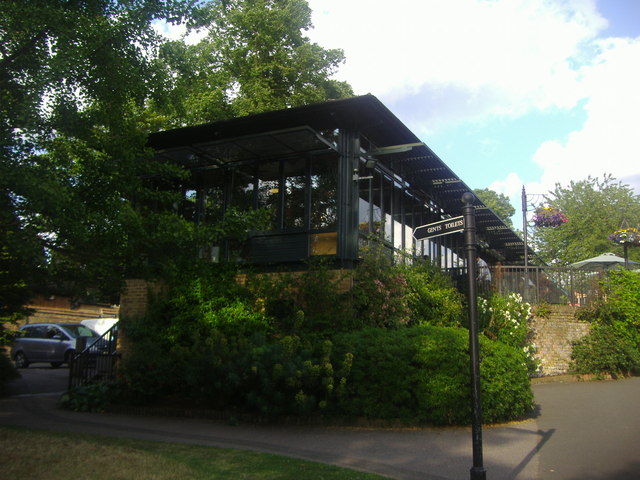
As I moved to greet my mother, they called me to join them at their tables. And when I did they turned their excited animated faces to me – what was I doing, what had I had written lately, what was I writing now? I felt I was carrying some beacon for them into a future they would not see.
But they never discussed their past lives in Europe. As time went on, widowhood and loneliness followed. With the privations of ageing, they relinquished family homes for care homes, but in themselves, they were the same. They continued to speak with great emphasis and much philosophising, and occasional flirting; or they simply sat, talking about the adult education classes they had joined, the refugee organisations that continued to welcome them right into the foothills of old age.
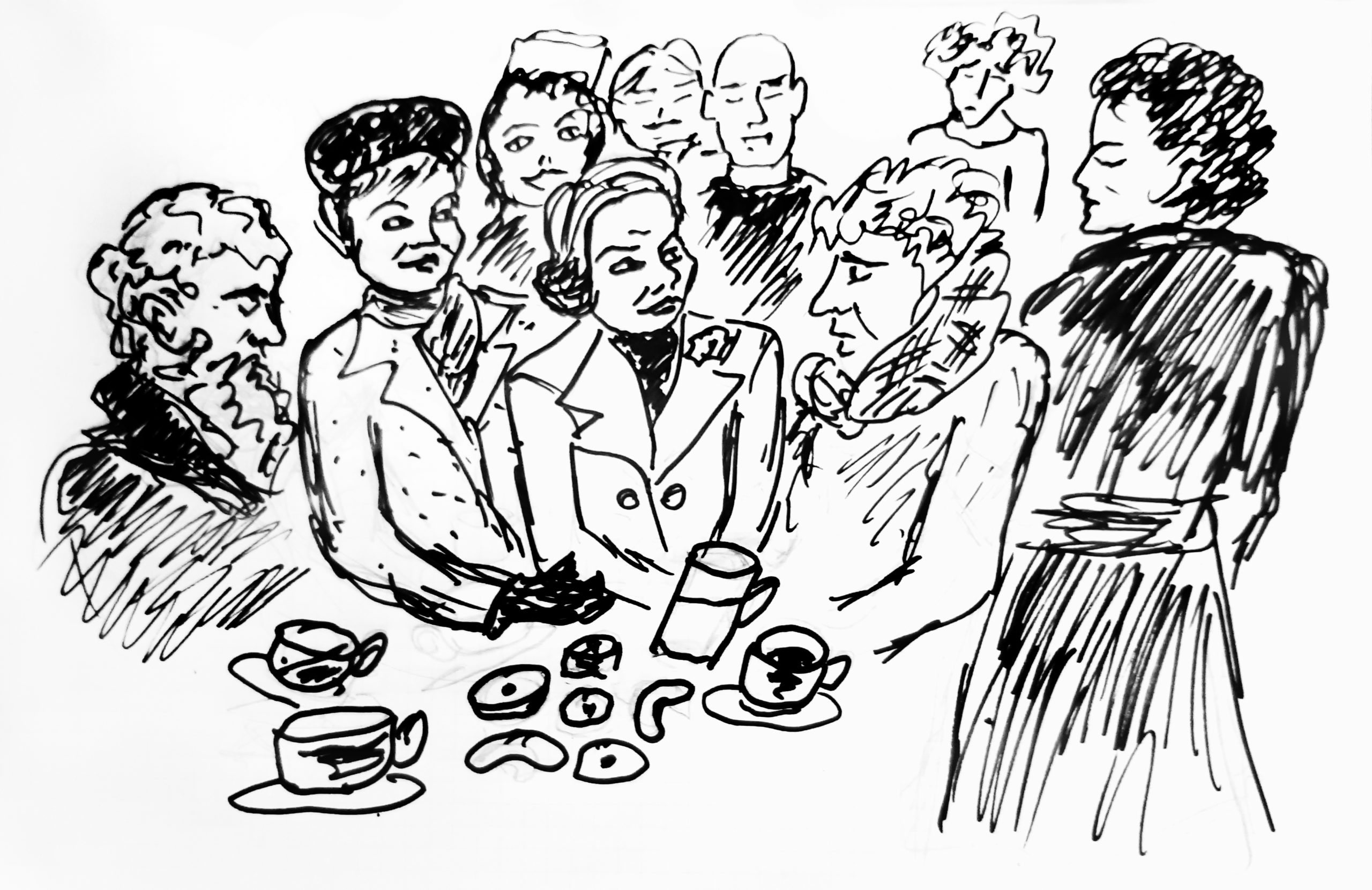
I looked at their faces, questioning or calm, and it seemed that a quality of lost Jewish Europe still rested there, a sense of otherness, of what might have been if…
For me, like for many children of survivors or refugees, questions remained unasked. They weren’t questions they or anyone else could answer. They were those a child might ask of a reticent parent with a different mother tongue: what would you be like if you never learned to speak English? Who would you be if you had stayed in Prague and Hitler had never happened?
There was no question for my mother of ever revisiting her homeland. Although some did, many would have raised their eyebrows in shock at the prospect. Some of the Sudeten (German-speaking) Czechs, like my mother, had heard of the Soviets coming in, taking over their large flats, annexing them. They said the Czechs threw the ethnic Germans out of their homes – or worse. And yet, thinking it might represent some closure for her I managed to persuade my mother to return specifically to place a memorial plaque for her mother in Terezin, the transit camp from which she was sent to her final destination: Riga.
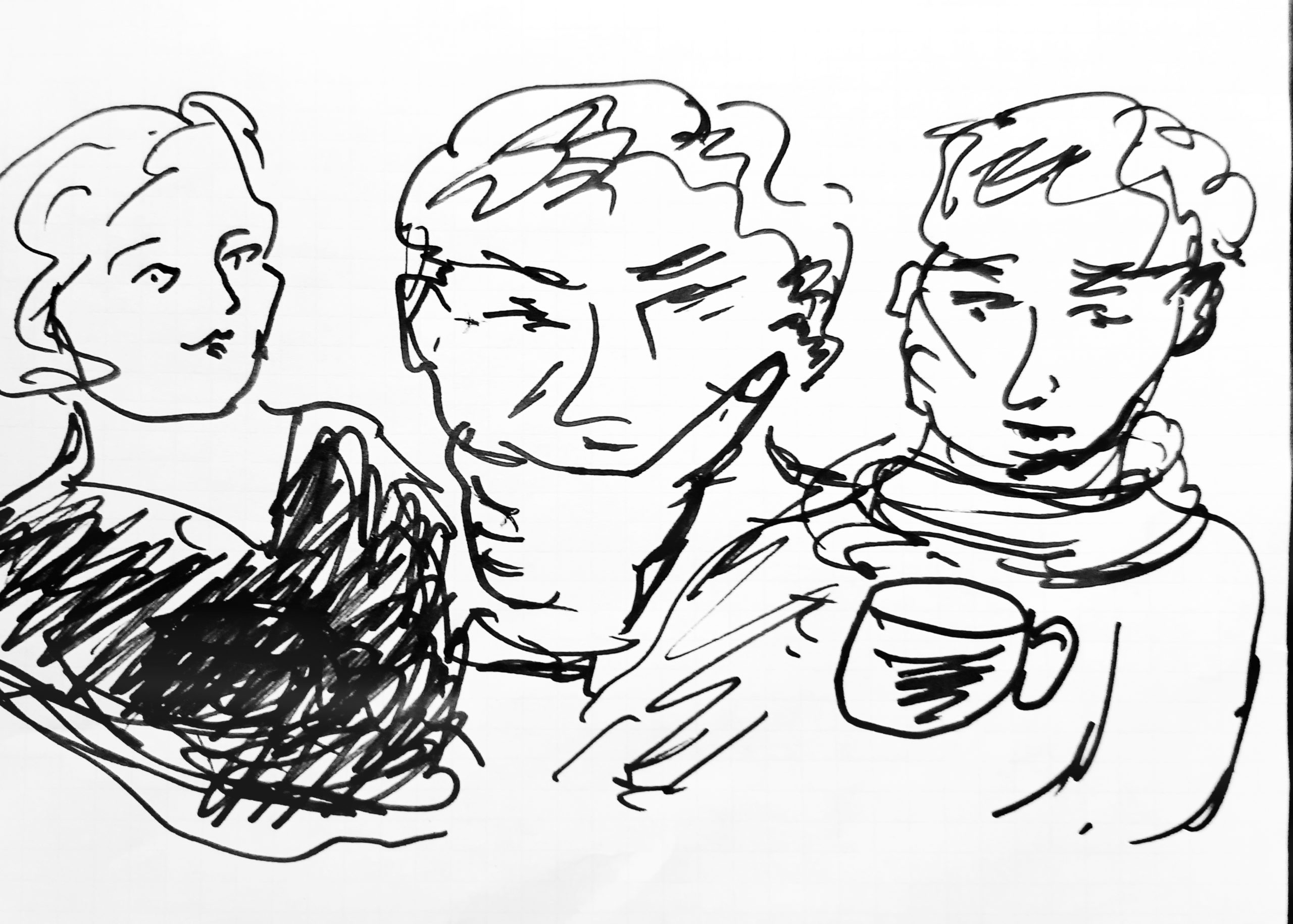
We found her mother’s name, Irma Kien, date of birth and presumed date of death on January 15, 1942, at the top of the wall of remembrance of the Pincus Synagogue in Prague, almost illegible in red and blue. We had to squint to spot it. There was no other trace of Irma’s life apart from the one still vivid in her daughter’s memory. After so many years my grandmother almost seemed to belong here, alienated from us by the terrible events which overtook her.
Irma’s plaque would be placed in a special site in the Terezin crematorium dedicated to the memory of Holocaust victims. It was supposed to contain their ashes, which were actually thrown in the river by the retreating Nazis.
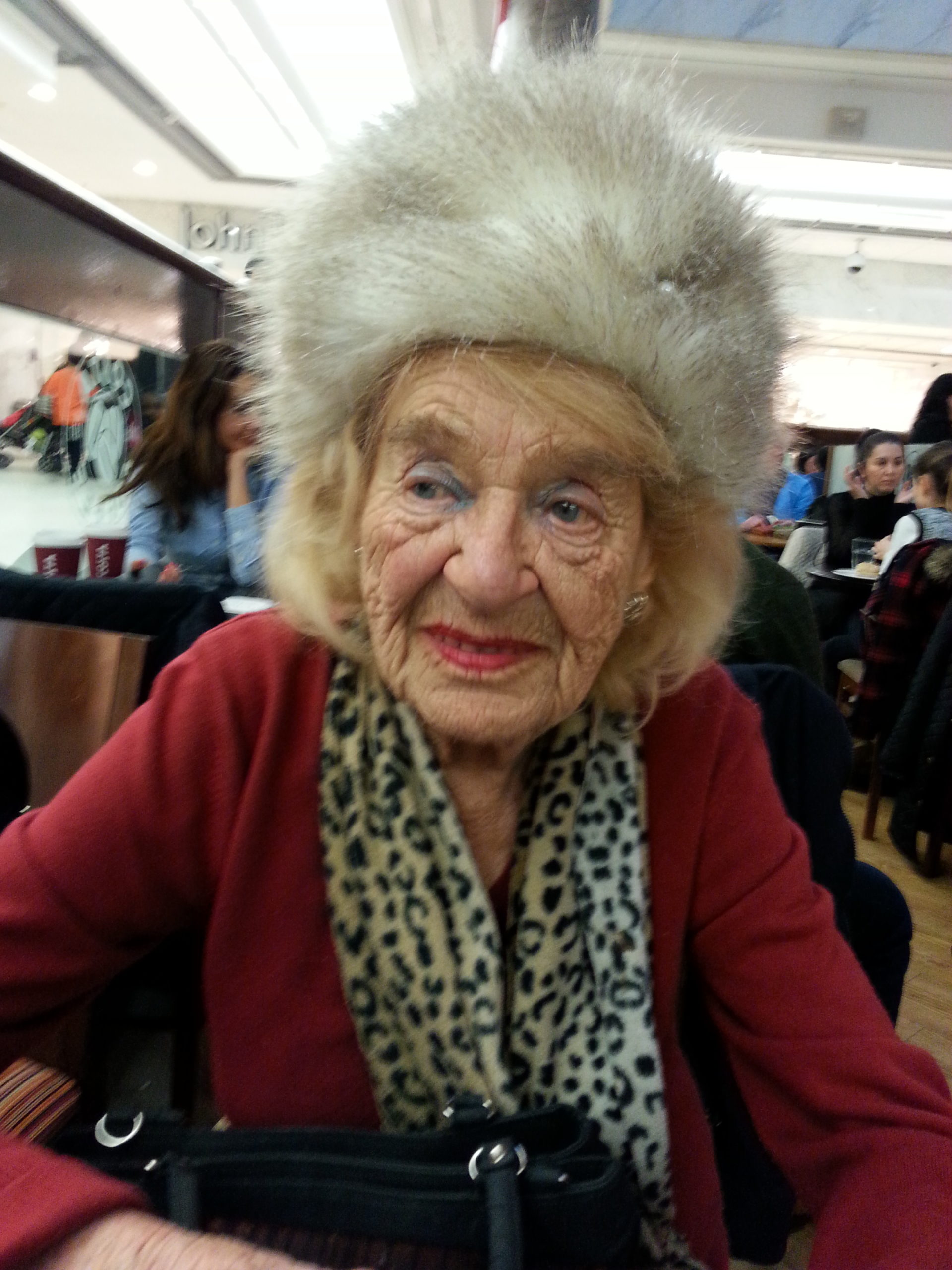
For my mother, suddenly dwarfed by Prague’s buildings, confused by the cobbled, pedestrianised streets, Prague seemed alien. She could barely recognise her city. It was like a scene from one of Kafka’s novels where the familiar turns hostile. On Prague’s Charles V Bridge a statue of Christ was covered with a gold-leaf Hebrew inscription, Kadosh, Kadosh, Kadosh, paid for by a 17h Century local Jew convicted of blasphemy.
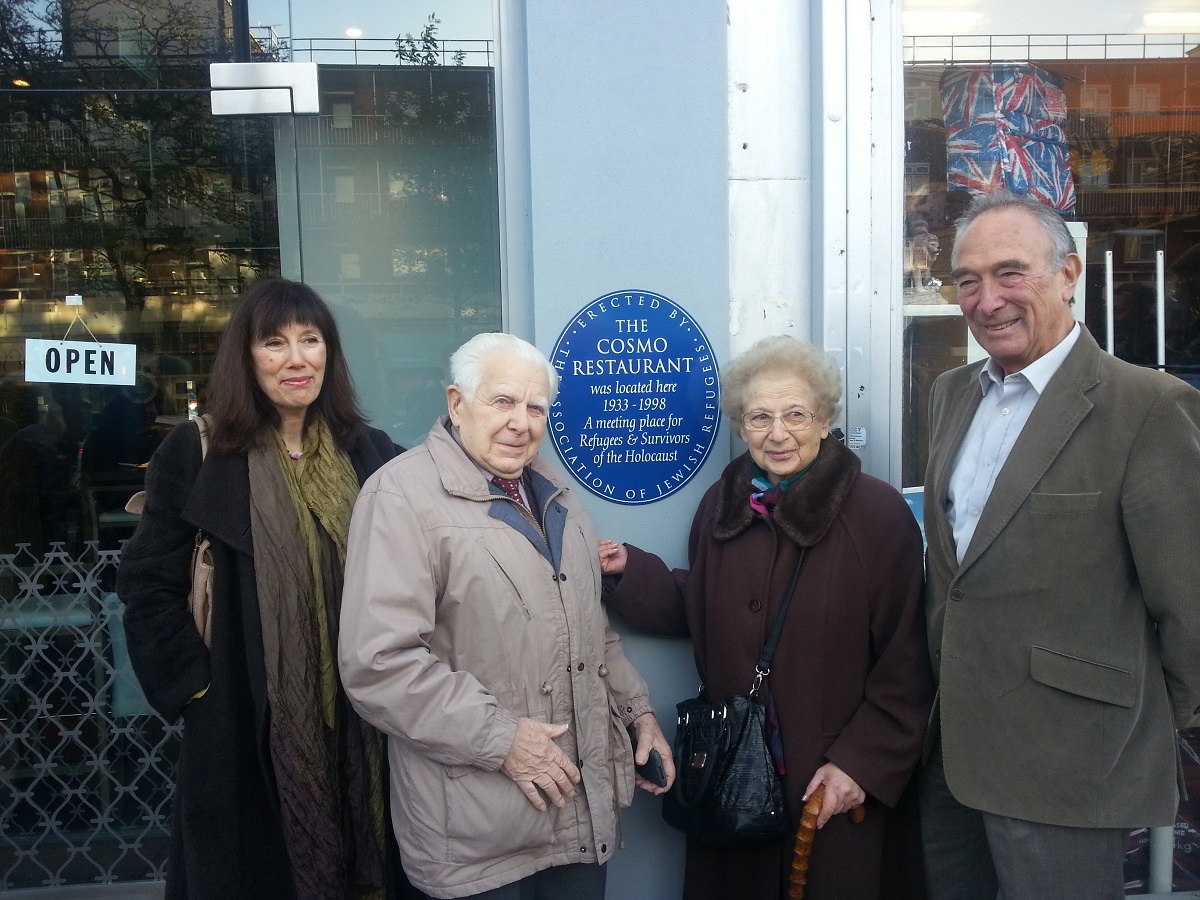
But a moment of affirmation came when we visited her father’s grave at Liberec, near her home town of Varnsdorf. He had died years before the Holocaust when she was eight. We expected to navigate broken, mildewed gravestones and high grass, but this cemetery had been tenderly restored by the Jewish community and it presents a cloistered history of Jewish Sudetenland untouched by the Shoah. Beautifully preserved stone obelisks record the dates of those who had died, all before l939, innocent of the cruel fate awaiting their descendants. As I remembered it, the sun shone that day and beside her father’s simple stone a green shoot had begun to sprout. We stood there, three generations, my mother Gina, my daughter Daliah and I, and said Kaddish for Edmund Kien.
In Golders Hill Park today I recognise nobody. My mother died in 2014. The refugees I remembered have gone. Their energetic chatter is replaced by young mothers, both smiling and frowning as they balance trays of tea, cake and ice cream under the tottering feet of small children. They will know nothing of those who came here before them. Everything moves on.


